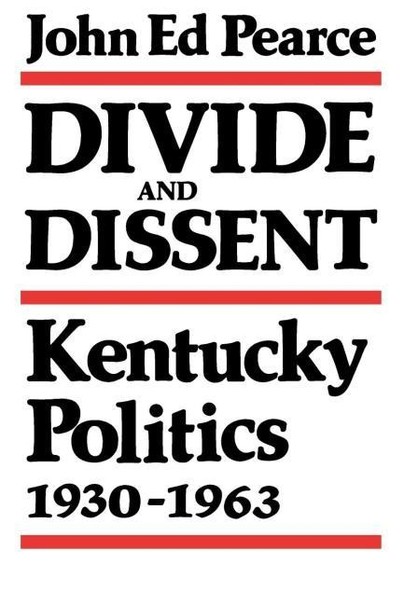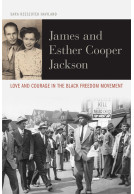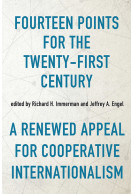Google Books previews are unavailable because you have chosen to turn off third party cookies for enhanced content. Visit our cookies page to review your cookie settings.
Divide and Dissent (Paperback)
Kentucky Politics, 1930-1963
Imprint: University Press of Kentucky
Pages: 256
Illustrations: 32 b&w photos
ISBN: 9780813108049
Published: 29th August 1991
Script Academic & Professional
Pages: 256
Illustrations: 32 b&w photos
ISBN: 9780813108049
Published: 29th August 1991
Script Academic & Professional
This book will be reprinted and your order will be released in due course.
You'll be £27.00 closer to your next £10.00 credit when you purchase Divide and Dissent. What's this?
+£4.99 UK Delivery or free UK delivery if order is over £40
(click here for international delivery rates)
Need a currency converter? Check XE.com for live rates
(click here for international delivery rates)
Need a currency converter? Check XE.com for live rates
Few men have been more important to the life of Kentucky than three of those who governed it between 1930 and 1963 -- Albert B. Chandler, Earle C. Clements, and Bert T. Combs. While reams of newspaper copy have been written about them, the historical record offers little to mark their roles in the drama of Kentucky and the nation. In this authoritative and sometimes intimate view of Bluegrass State politics and government at ground level, John Ed Pearce -- one of Kentucky's favorite writers -- helps fill this gap.
In half a century as a close observer of Kentucky politics -- as reporter, editorial writer, and columnist for the Louisville Courier-Journal -- Pearce has seen the full spectacle. He watched "Happy" Chandler vault into national prominence with his flamboyant campaign style. He was shaken by Earle Clements for asking an awkward question. He joined in the laughter when a striptease artist was commissioned a Kentucky Colonel during the Combs administration. And he watched as the successive governors struggled to move the state forward, each in his own way.
Yet this is more than a newsman's account of events. Pearce probes for the roots of the troubles that have slowed Kentucky's progress. He traces the divisions that have plagued the state for almost two centuries, divisions springing from the nature of Kentucky's beginnings. He studies the lack of leadership that has hampered the always dominant Democratic party and the bitter factionalism that has kept the party from developing a cohesive philosophy. When the candidate of one faction has taken office, he shows, the losing faction has usually made political hay by bolting to the opposition party or torpedoing the governor's efforts in the legislature instead of uniting behind a progressive party program. The outcome of such long-term factionalism is a state that must now run fast to catch up.
Other titles in University Press of Kentucky...















